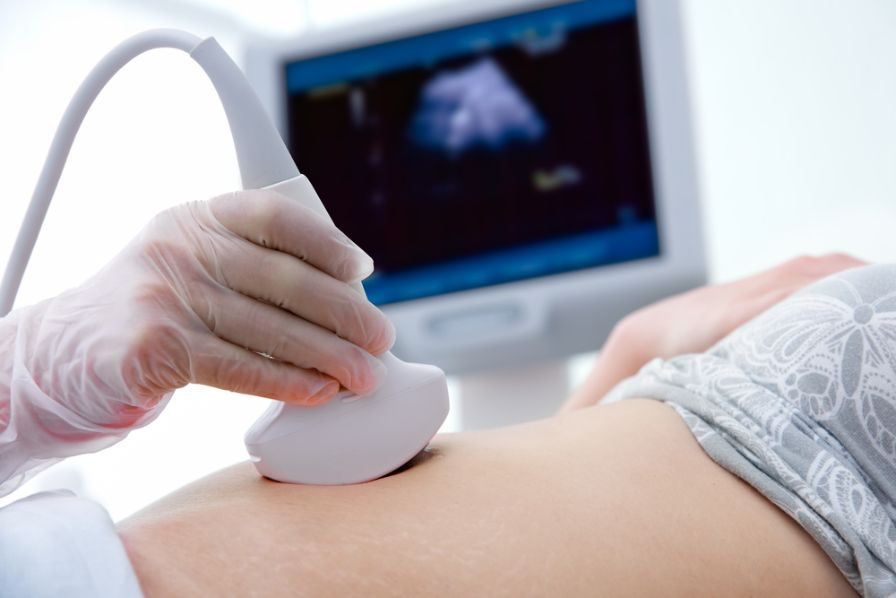A high-risk pregnancy is any type of pregnancy that may have a higher chance of causing complications than a regular pregnancy. Risk factors include age, lifestyle habits, medical history and pre-existing health conditions. Women who have certain autoimmune diseases, blood-clotting disorders, infections or cancers during pregnancy are at an increased risk of having a high-risk pregnancy.
A woman with a high-risk pregnancy may be referred to a maternal-fetal medicine specialist (MFM) or other specialists who provide care for pregnant women and their babies. A MFM specialist can evaluate any potential risks that are part of the pregnancy and prescribe a plan for managing these issues.
The symptoms of a high-risk pregnancy can range from mild to severe and are not something that should be taken lightly. These symptoms should be treated immediately and if not addressed, can lead to miscarriage or stillbirth.
You’ll feel a mix of emotions during your high-risk pregnancy. These can include excitement about being pregnant, worry over the health of your baby and fear that you aren’t doing everything you can to take good care of yourself and your child.
If you’re feeling overwhelmed, talk to your provider about your concerns and any medications you may be taking. They can help you manage your feelings and keep you informed on what to do next, so that you can have a healthy pregnancy.
Your doctor will likely recommend a series of tests, including an ultrasound and biophysical profile. These can provide important information about the fetal health and can alert doctors to any problems early on before they develop.

Other diagnostic tests can include a heart rate monitor, blood and urine tests, and screenings for infection or genetic abnormalities. These can also help identify fetal distress, which is a symptom that the baby isn’t getting enough oxygen.
The results of these tests can help doctors and nurses decide if additional testing, such as an emergency C-section, is necessary to save the life or the health of your baby.
During your pregnancy, you’ll have regular checkups with your doctor or midwife and you might even have to go to the hospital for a checkup, especially if you have any symptoms that suggest the possibility of pregnancy complications.
Your physician can also give you advice on how to manage your symptoms and stay healthy while you’re pregnant, such as taking prenatal vitamins and getting plenty of rest. Keeping up with your regular exercise schedule can help you to maintain an adequate weight and reduce the risk of developing preeclampsia, gestational diabetes or other complications.
You should also have frequent checkups with your MFM so that they can monitor your health and the health of your baby throughout your pregnancy. This will help ensure that you and your baby are both safe and happy during the most critical time of your lives.
Having a high-risk pregnancy can be scary, but it’s important to remember that you are in good hands with your MFM and they are dedicated to helping you have a healthy pregnancy. They will work with you to make sure that you are receiving the best medical care during your pregnancy and can provide you with a strong support system when you need it most.









